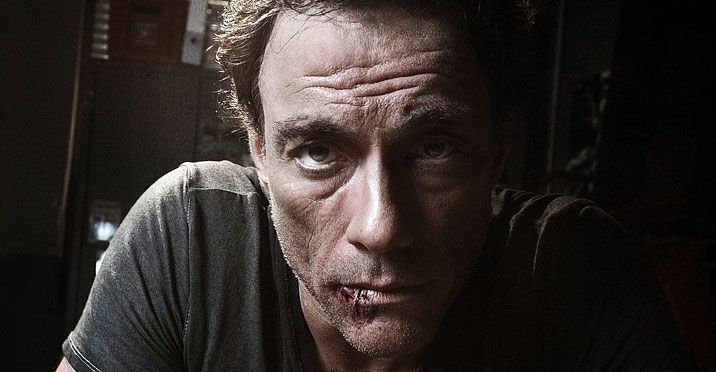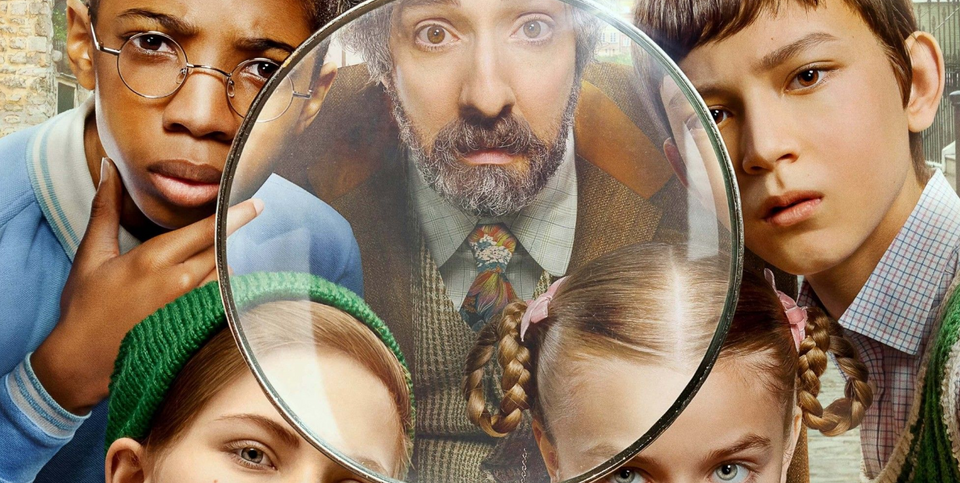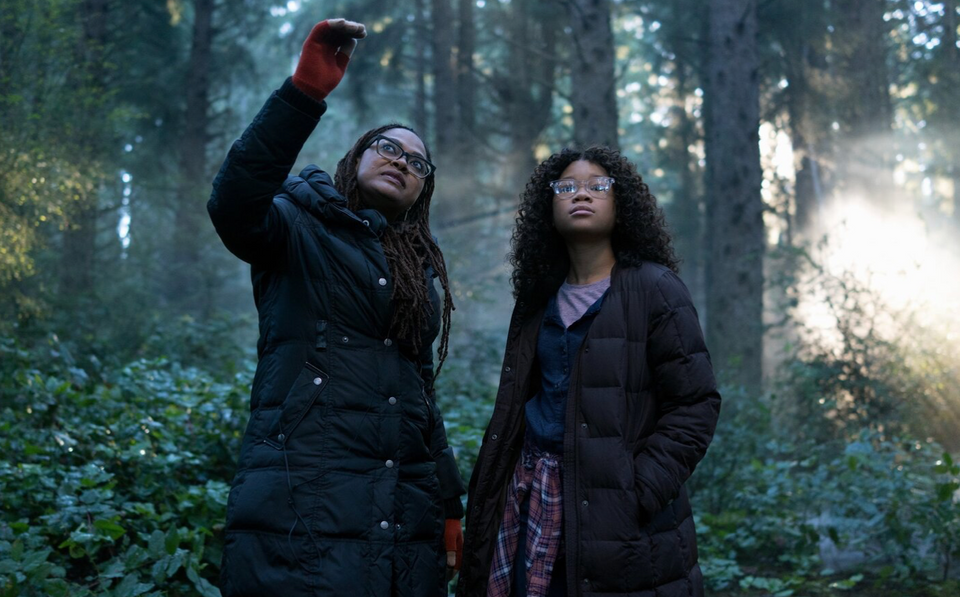
I have always been a fan of the awkward David Letterman interviews. Andy Kaufman set the bar pretty high for cringe-worthy “in character” interviews. Harvey Pekar frequented Late Night in the guise of his most cloyingly political persona until Dave couldn’t take it any longer. For his efforts, Pekar received one of the choppiest cuts to commercial in Late Night history. Crispin Glover once almost kicked Dave in the face, channeling his role as “Rudy” in a film that wouldn’t come out until four years later. The myth that Glover was on LSD during the interview persists to this very day.
I have become an aficionado of these interviews because, staged or not, they are moments during which reality begins to bleed through the veneer of celebrity culture. How is Madonna shilling her new album, or Tom Cruise talking about his latest film, any less an act than Crispin Glover trying to arm-wrestle Dave? These more awkward interviews are apocalyptic moments in the most everyday sense of the term. They pull back the curtain on our cherished distinctions between performance and celebrity.
But the most recent bizarre Letterman interview, Joaquin Phoenix’s appearance on behalf of both Two Lovers and his forthcoming hypothetical rap album, has been more difficult to explain away as the result of someone’s bizarre sense of humor. It was hard to get our bearings in that interview. Is it an act? Has he been partying too hard? Is this a genuine celebrity crash and burn happening right before our eyes? Can lighting strike twice in the Phoenix family?
My suspicions lean one direction, but this doesn’t really matter. Even if it is pure spectacle, it is disconcerting. Even if it is pure fiction, as one hopes, it is one chapter of a sad story. Time will only tell what is really going on with Joaquin Phoenix, but regardless of how it plays out, these kinds of Andy Kaufman-ish indeterminate public embarrassments should be sobering. Too bad it makes for such dishy news. (Did you hear what Christian Bale said to that one dude in that tape online?)
I couldn’t help but think of the Joaquin Phoenix debacle in terms of Jean-Claude Van Damme’s recent festival hit JCVD. Like Adaptation or Purple Rose of Cairo, it is a tricky film about films scripted like an M.C. Escher print. While it is a Van Damme action flick, it is also a Van Damme biopic, and a movie about the toll movies take on their stars.
In the beginning of JCVD, Jean-Claude action heroes his way through a five minute single take of guns firing, fists flying, and bombs bursting. Jean-Claude sweeps in sweaty arcs through debris, pirouetting through walls and flames, and battling villains across several planes of action like an artist. It is beautiful. The camera floats in and around this film within a film in such a way that for a brief moment grants transcendence to Jean-Claude’s typically straight-to-video exertions. But this unexpected glimpse of Van Damme in all his glory quickly gives way to a court scene custody battle in which his daughter frankly tells the judge she would rather be with her mother because all the kids at school laugh at her when her dad is on TV in crappy movies.
Having lost his family, Jean-Claude now owes his lawyer a hefty bill which could only be paid with an advance on a film role that may go to Steven Segal instead. (All this stuff, including references to his drug abuse later in the film, is bona-fide Van Damme biography.) Alone and almost penniless, Jean-Claude returns to his Belgian hometown to recover, only to get caught up in a bank robbery while trying to make a withdrawal. When the town figures out that the bank is being robbed, the robbers decide to use Jean-Claude to their advantage.
As this plan involves making the cops think Van Damme is the actual robber, numerous hijinks involving the parallel universe of celebrity ensue. This clever movement of the film only pans out under Mabrouk El Mechri’s sharp direction and farcical visual timing. The points at which the film could digress into cliché B-list celebrity navel gazing are sharpened by the sheer narrative intelligence of this plot that pits Van Damme the actor against Van Damme the person.
And then as soon as this dust begins to settle, we meet Van Damme himself. In a rambling confession at the center of the film, he looks directly into the camera and unloads what seems to be an unrehearsed heart-to-heart between Van Damme and his audience. But he has never been known for his acting skills, so this confession may actually work so well because Van Damme has just delivered his lines poorly, which is the best realism he can offer. Either way, the film takes on the tone of an apology, a plea by Van Damme to be heard through the static of a slowly declining filmography and a series of bad real life choices.
What we hear in this monologue is not as important as its delivery, and its context – a film in which Van Damme has skillfully acted through a stack of parallel storylines. His hypnotizing dance through the opening five minute long tracking shot of his latest action film says something about Van Damme. He has been unjustly ignored and marginalized. His iconic status lends his now mostly straight to video performances both a note of shame or tragedy, and a corresponding smirk of schadenfreude from a mercurial audience. But this iconic status is also what makes JCVD much more than an exercise in snappy filmmaking. It drills down into what it means to feel as lost as the real life Jean-Claude Van Damme, and the way we shoulder the burden of our mistakes that can’t simply be written out of the script.
There are as many layers to dig through in JCVD as there are in the Joaquin Phoenix appearance. Any time we bring “celebrity” as a concept into a storyline, we have to deal with a mess of different issues. Who is this person? What do they mean? Why are they so important?
Celebrity as a concept is such a mess because it is just a reflection of all the mixed motivations that make star culture possible and ascribe gossip mags the importance they obtain in everyday life. It is such a mess that we aren’t quite sure what to do with the Crispin Glovers, the Andy Kaufmans, and the Van Dammes. We don’t know how to respond when Van Damme stares directly into the camera and tells us what is really on his mind, or when Joaquin Phoenix treats the hallowed Late Night stage with such blatant disregard. It is as if they aren’t playing fair. But however you want to parse it, JCVD is one of the best depictions of both the glory and the tragedy that is celebrity culture.
JCVD is now on R2 DVD, but comes out on R1 in late April, 2009.



